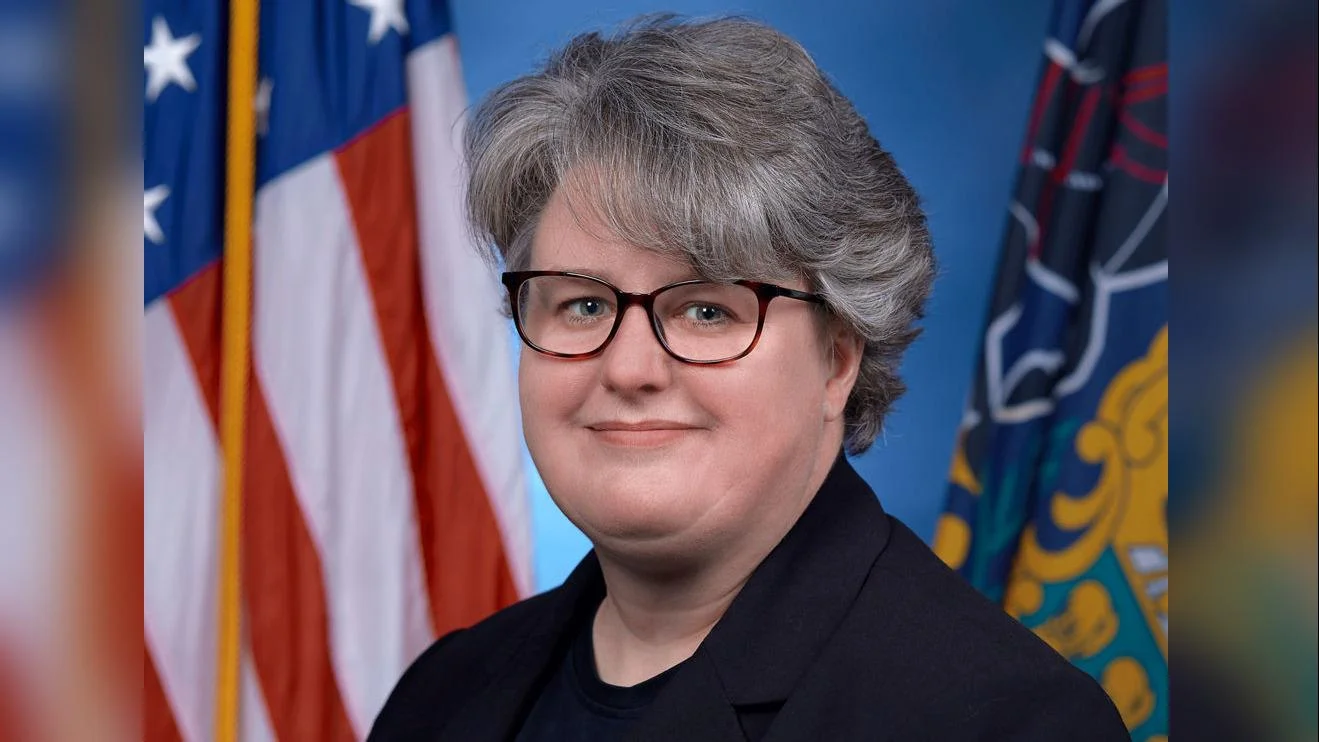
Ryan Deatherage Board Member | Oklahoma Department of Education
Oklahoma State Superintendent Ryan Walters, along with the First Liberty Institute, has filed a friend-of-the-court brief in the U.S. Supreme Court supporting St. Isidore of Seville Catholic Virtual School, Oklahoma's first religious charter school. The brief argues that excluding faith-based schools from the state's charter school program violates the Free Exercise Clause of the U.S. Constitution.
"As State Superintendent, I have an obligation to provide the best possible education opportunities to Oklahoma’s students while abiding by Oklahoma state law and the U.S. Constitution," stated Ryan Walters. "I want to increase learning opportunities for all of our students by expanding education freedom, increasing the state’s number of charter schools, and giving parents the best possible options for their children."
Kelly Shackelford, CEO and Chief Counsel of First Liberty Institute, commented on the issue saying, "Excluding schools simply because they are religious is a clear violation of the Constitution. This case provides an opportunity for the Supreme Court to show that states cannot discriminate against religious schools."
The U.S. Supreme Court is expected to hear arguments later this year. A favorable ruling for St. Isidore could establish a significant precedent for religious charter schools nationwide.
In June 2023, St. Isidore's application was approved by the Oklahoma Statewide Virtual Charter School Board, marking it as the first religious charter school in the country. However, opposition followed when Oklahoma Attorney General Gentner Drummond filed a lawsuit in October 2023 seeking to block its approval.
Further legal challenges arose in December 2023 arguing that St. Isidore's approval violated the Establishment Clause. Despite these challenges, in January 2024, the Oklahoma Supreme Court decided not to immediately block the school's opening.
Ryan Walters and First Liberty Institute's recent filing aims to protect religious schools from what they consider unconstitutional discrimination.






 Alerts Sign-up
Alerts Sign-up